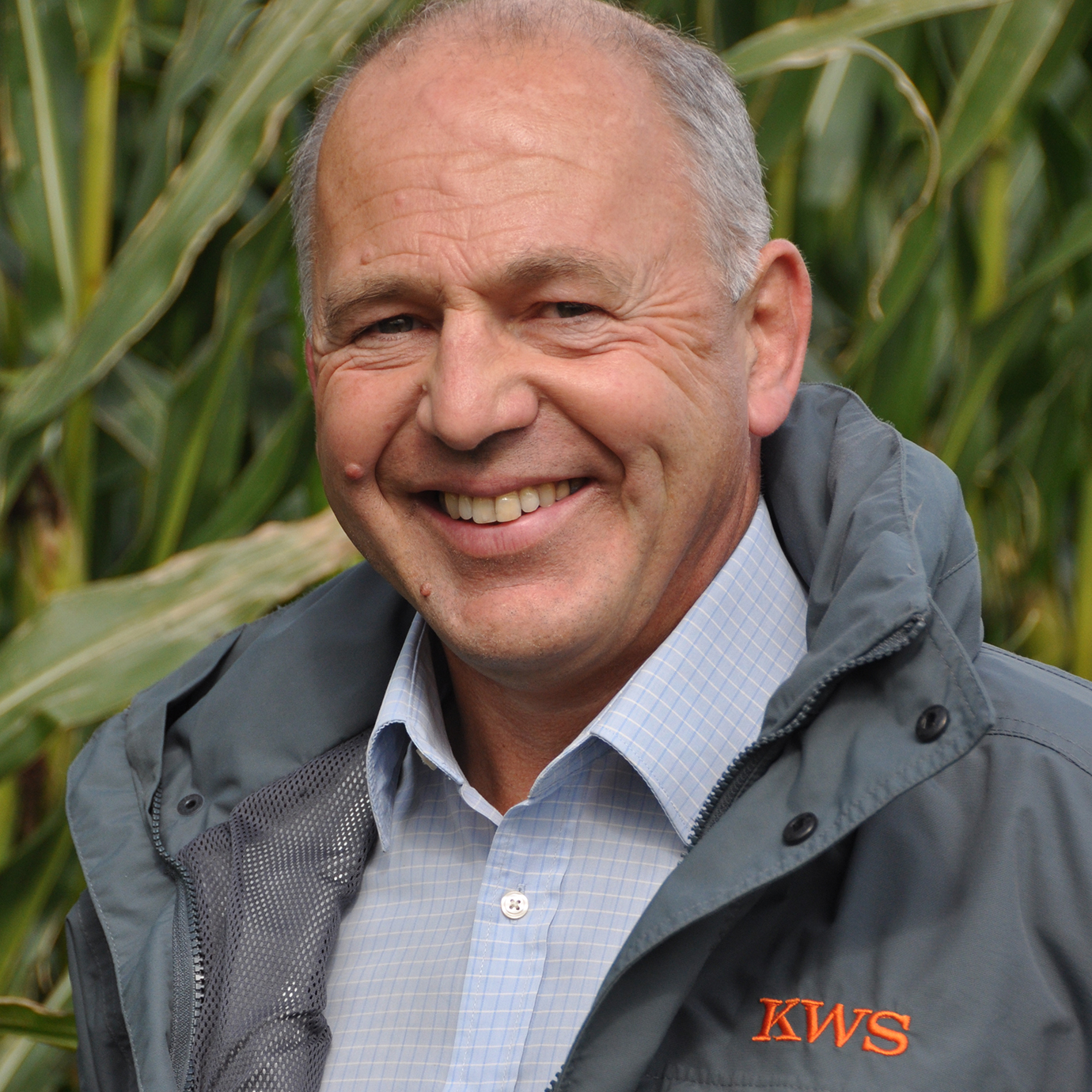This article has previously been published on Farming Online.
Three maize varieties from plant breeder, KWS, have been added to the *BSPB Forage Maize Descriptive List (DL) for 2023. These represent one third of the total new varieties added for next year’s planting, with KWS Pasco holding the number one position for starch yield across the entire listing.
The maincrop KWS Anastasio is noted for its high starch content average of 32.0 per cent and has an FAO, or maturity rating, of 180/190. Suitable for both silage and grain maize, it had an average yield performance of 19.6 tonnes/hectare dry matter and an ME of 11.57 MJ/kg/DM. Other features include excellent early vigour across all soil types, as well as strong standing power and good eyespot resistance.
Meanwhile, KWS Pasco’s leading starch yield of 6.66 tonnes/hectare on the DL is combined with an exceptional ME of 11.77 MJ/kg/DM. The early/maincrop KWS Pasco matches KWS Anastasio in its high level of resistance against lodging and eyespot. It has a dry matter yield potential of 19.3 tonnes/hectare and showed good early vigour on a range of soil types. KWS Pasco (FAO 170/180) is proving particularly popular with growers who produce corn cob mix and those who require a high starch silage for beef cattle finishing.
The early/maincrop Debalto (FAO 170) has shown tremendous vigour on all soil types, along with high yields and grain quality; it averaged 18.9 tonnes/hectare dry matter and 34.2 per cent starch in 2020. Ideal for 50-70 per cent total mixed ration inclusion for dairy cows or beef finishing, Debalto has an average ME of 11.39 MJ/Kg/DM. It is also a good option for biogas growers looking for an early harvest and/or to spread harvest dates.
The three, newly-listed KWS varieties have produced reliable results in trials and have gone on to give consistently-high on-farm yields, according to KWS maize expert, Andrew Cook.
He says: “Our breeding programme has made great strides in recent years across our entire range of forage, biogas and grain varieties. One significant element is the development of our ‘short-season’ types, which require only 130 days to reach maturity, compared with up to 160 days for the more mainstream varieties.
“These short-season ‘earlies’ offer a degree of flexibility, as they can be planted later than their rivals and will reach harvest at the usual time; or even earlier in some instances. They were historically associated with a yield penalty, but production has caught up and they have the potential to match, or even exceed, varieties that are classified as mainstream and late,” says Mr Cook.



